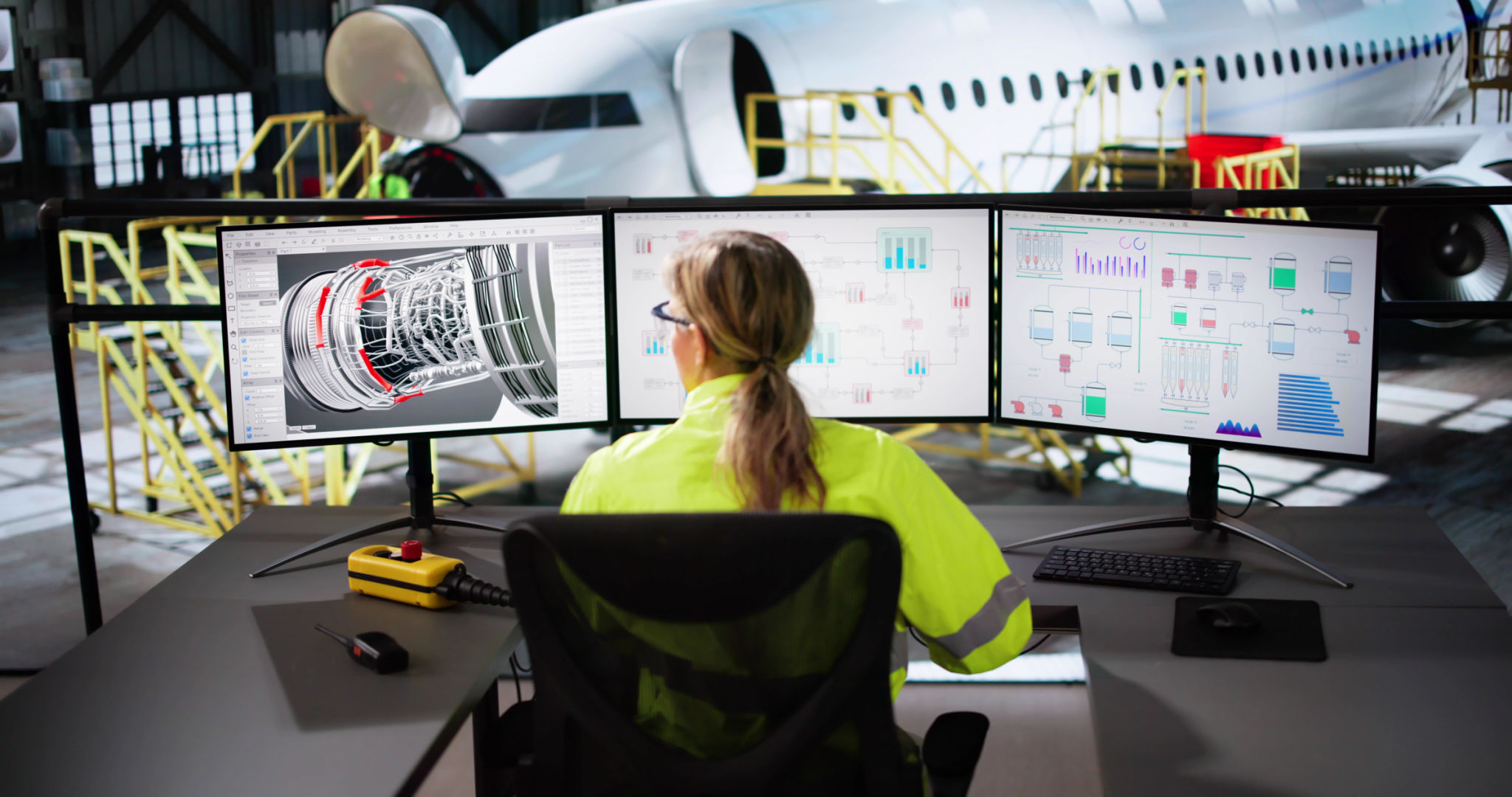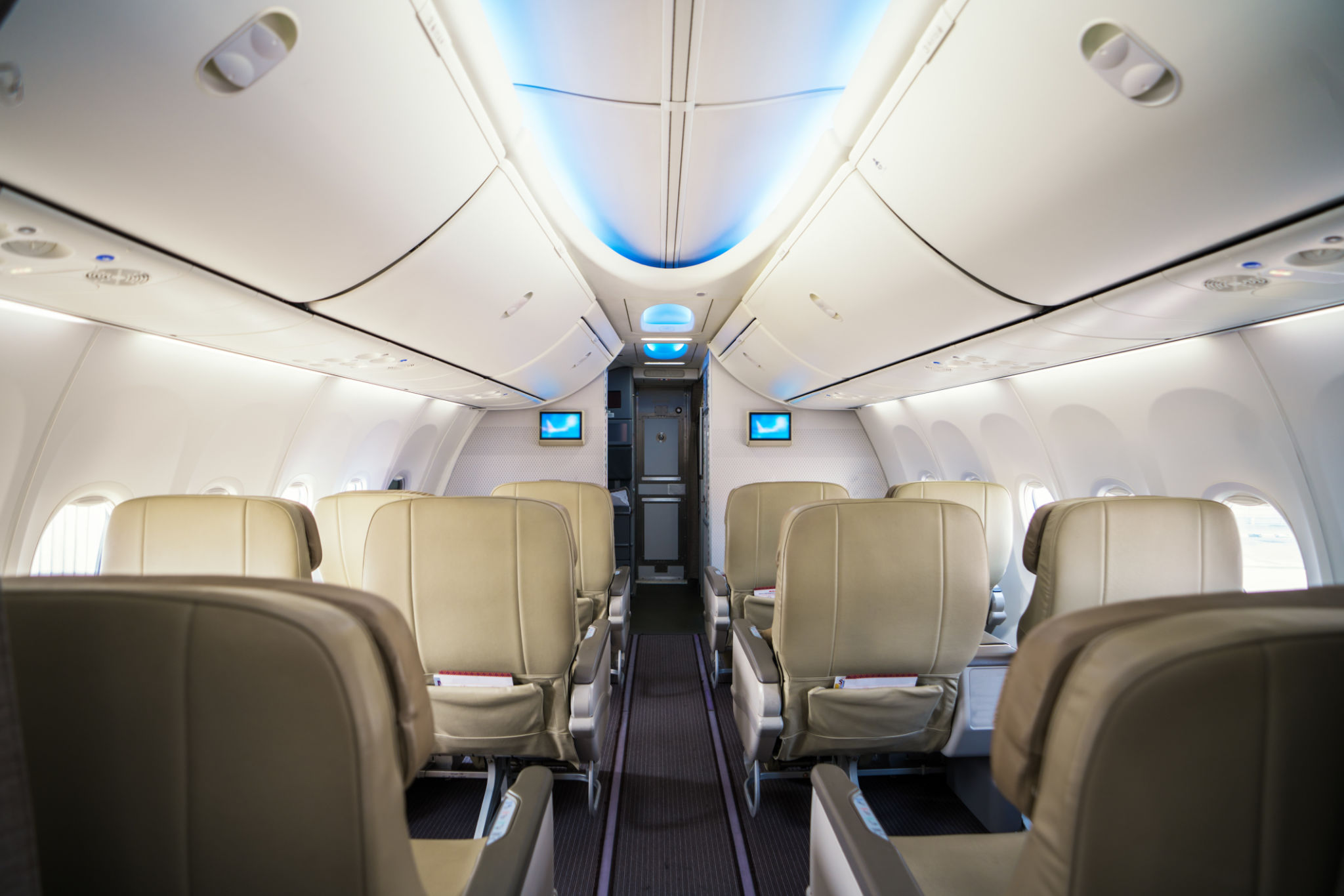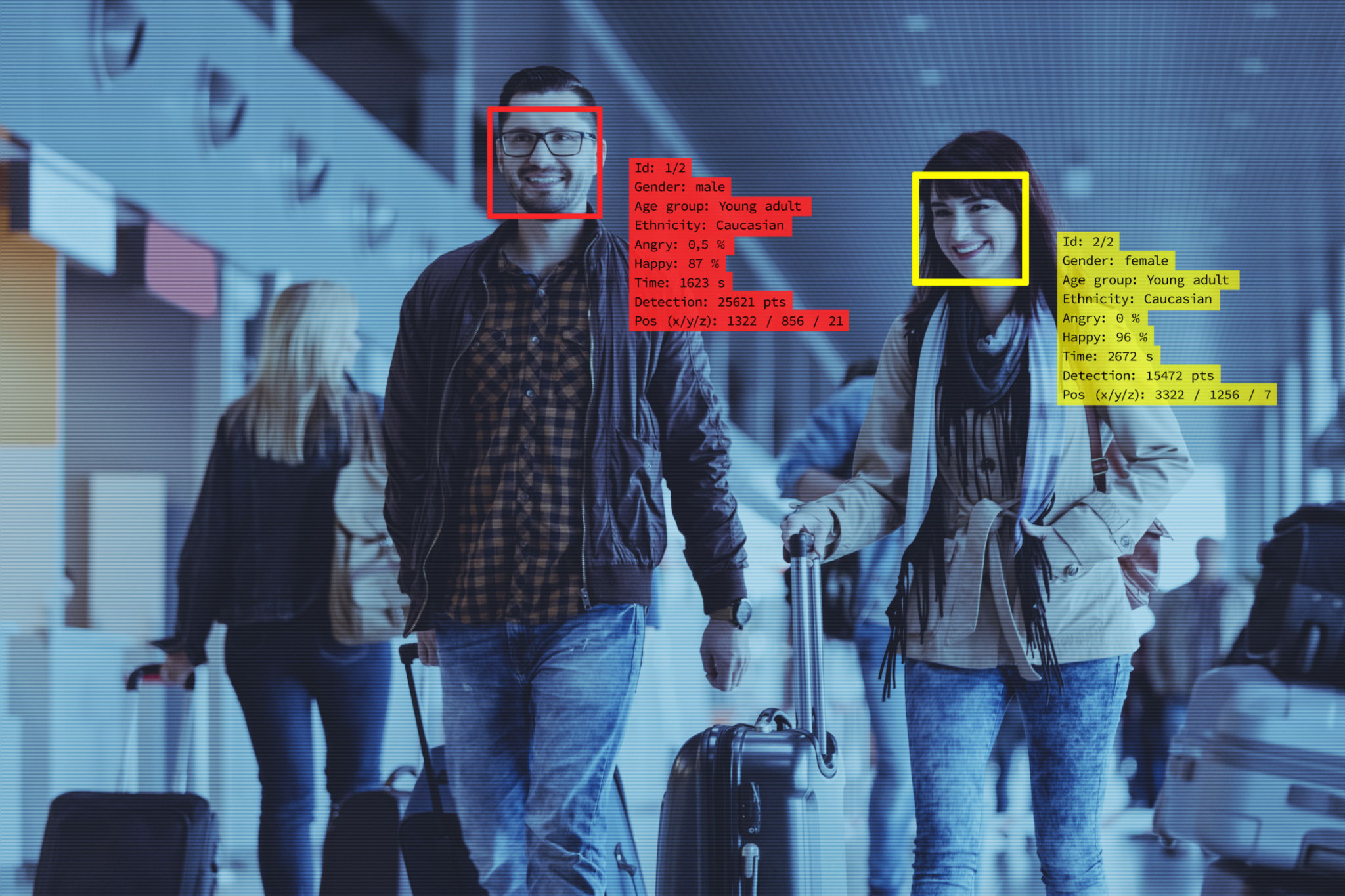Innovations in Aviation Data Intelligence for the Travel Sector
Revolutionizing Travel with Aviation Data Intelligence
The aviation industry is undergoing a significant transformation, driven by advancements in data intelligence. These innovations are reshaping how airlines, airports, and travelers interact, creating a more streamlined and efficient travel experience. As big data and analytics continue to evolve, they are opening up new possibilities for the travel sector.

Enhancing Operational Efficiency
One of the primary areas where data intelligence is making a substantial impact is in operational efficiency. Airlines are leveraging data analytics to optimize flight routes, reduce fuel consumption, and improve maintenance schedules. By analyzing vast amounts of data, airlines can predict potential mechanical issues before they occur, minimizing delays and improving safety.
Moreover, airlines are using data to manage crew schedules more effectively, ensuring that human resources are utilized to their maximum potential. This not only reduces costs but also enhances the overall passenger experience by minimizing disruptions.
Personalized Passenger Experience
Data intelligence is also transforming the passenger experience, allowing for more personalized services. Airlines are using data to understand passenger preferences and tailor services accordingly. From personalized in-flight entertainment options to customized meal preferences, data intelligence is enabling airlines to offer a more individualized experience.

Furthermore, airports are harnessing data to improve the passenger journey from check-in to boarding. By analyzing passenger flow data, airports can optimize security lines and reduce waiting times, creating a seamless travel experience.
Predictive Analytics for Demand Forecasting
An exciting area of innovation is the use of predictive analytics for demand forecasting. Airlines can now use historical data and machine learning algorithms to predict future travel trends. This allows airlines to adjust their pricing strategies dynamically, ensuring optimal seat occupancy and maximizing revenue.
Additionally, predictive analytics helps in managing supply chains more efficiently, ensuring that the right resources are available at the right time. This proactive approach minimizes disruptions and enhances the overall operational workflow.

Data Security and Privacy
With the increasing reliance on data comes the critical issue of data security and privacy. The aviation industry is acutely aware of the importance of safeguarding passenger data. Innovations in cybersecurity are ensuring that sensitive information is protected against unauthorized access.
Airlines and airports are implementing robust encryption technologies and adopting stringent data protection policies to maintain passenger trust. By prioritizing data security, the industry is reinforcing its commitment to protecting customer information.
The Future of Aviation Data Intelligence
Looking ahead, the potential for further advancements in aviation data intelligence is immense. The integration of artificial intelligence and Internet of Things (IoT) technologies promises to drive even more significant changes in the industry. From autonomous aircraft operations to real-time decision-making capabilities, the future holds exciting prospects.
In conclusion, innovations in aviation data intelligence are revolutionizing the travel sector, enhancing efficiency, personalization, and security. As technology continues to advance, we can expect even more transformative developments that will shape the future of air travel.
